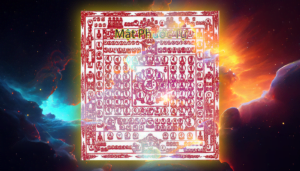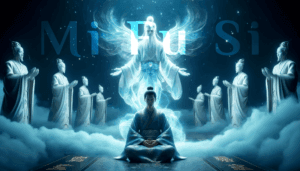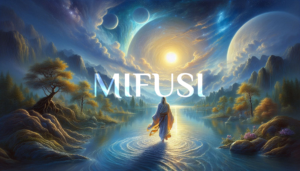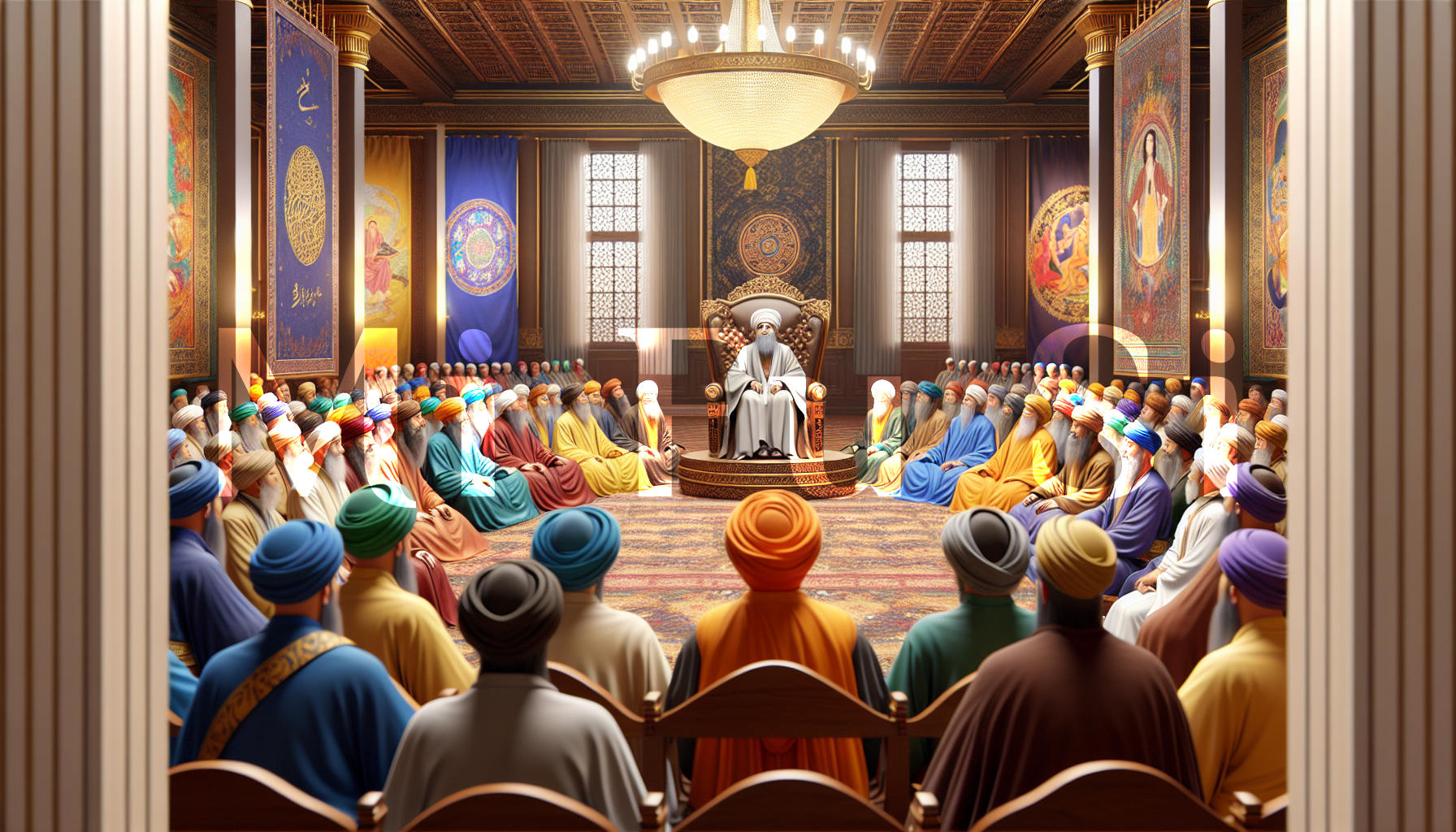Which Religion Reigns Supreme?
(Đạo Hay Nhất! by như-ý on Mon Feb 09, 2009 3:05 pm Translated by Xiaobaiyun.)
The following story, reportedly attributed to Sathya Sai Baba, a contemporary Indian spiritual leader, was included by monk Thich Tri Sieu in his book titled “Which Religion is the Best?”
“Once upon a time, there was a wise and virtuous King who ruled his country with fairness and his people lived in peace. One day, at the request of the members of his cabinet, the King gathered all the leaders of all religions in his country and said to them: I have invited all of you religious leaders here today because I want to choose THE religion among all and make it a national religion for my country. I have confidence in your wisdom in choosing the best religion, one that would be worth royal good graces. Any religion is acceptable as long as everyone agrees and respects it; no one can find fault with it or deny it.
Though many years had passed, the King still had not received any answer to his request, because everyone considered their religion as the best one, but did not get the approval of others. Thus they continued to argue one year to the next. Then one day, a nomad sage stopped at the King’s country, and hearing about the King’s quest for the best religion he came to see him.
“Your Majesty, I will show you the best religion that no one could find fault with or deny.”
The King was very happy hearing what he heard because his wish was about to be fulfilled after many years of waiting.
“Really? Please tell me right now. I had been waiting for it for so long already!”
“Your Majesty, please be patient. I will reveal the name of that religion in the most peaceful and quiet place. I will wait for you by the Ganges river, we will cross the river and I will tell you the name of this religion once we get to the other side.”
The day after, at the appointed time, the King and the sage met together at the Ganges riverside. A boat was brought over by the order of the King and he was about to go on board when the sage stopped him short, saying that he had to make sure that the boat was safe enough.
“This boat is not good because the plank at the bottom is cracked and water might leak,” said the sage.
Another boat was brought over for the sage’s inspection, and he found that some planks at the side of the boat were a little loose because a few nails were lacking. The King called for another boat and was again refused because the boat’s paint was peeling. And so, one boat after another was examined and refused as the sage kept pointing out all the weaknesses of all the boats until the King became impatient and the sun was setting.
“Sir! You have refused all of these boats. So what if the painting was peeling off, or if a few nails were lacking? They can still take us to the other side. Why do you pick on these petty things?”
The sage smiled at the King and said: “Your Majesty, you also noticed that although there are a few imperfections, all of those boats can take us across the river. Likewise, all the religions in your country can take you to become one with God. Finding faults with other religions is useless and unwise. Your majesty should return to your palace and continue to rule your people with your virtue. You need to respect all religions equally and consider each one as your own.”
The king prostrated at the sage’s feet, feeling very happy, being permeated with wisdom.
Comment:
In the story shared by Sathya Sai Baba, he likens religions to boats capable of ferrying people across rivers. While this analogy may seem plausible on the surface, upon deeper contemplation, it warrants further scrutiny. While it’s important to foster tolerance towards all religions, acknowledging their common origins and virtues, it’s not accurate to conclude that all religions are equally optimal. Just as one would assess the suitability of a boat based on its size, condition, and engine before embarking on a journey, similar considerations should be applied to religions. Boarding a dilapidated boat could jeopardize the passage across the river, let alone navigating the vast expanse of the ocean.
Similarly, while all educational institutions operate under governmental authorization, they vary significantly in their scope and quality. From primary schools to universities and postgraduate programs, each level offers distinct educational opportunities. It would be unreasonable to equate the academic level of students in primary schools with those pursuing advanced degrees such as Masters or Ph.D. Furthermore, the educational landscape includes unaccredited institutions, schools with underqualified faculty, and diploma mills that offer credentials without rigorous academic standards. Even reputable American universities are subject to ranking systems, providing students with a spectrum of options to choose from based on their preferences and criteria.
When selecting a spiritual path, it’s essential to discern its quality, depth, authenticity, and the level of spiritual attainment achieved by its practitioners. We must distinguish between genuine and superficial practices and accurately assess the number of individuals sincerely following the path and attaining enlightenment. Failing to do so is akin to boarding a dilapidated boat in hopes of crossing the ocean, risking perilous consequences. While the sage in the story asserts that all religions are equally good to avoid offense and prevent religious conflict, this response does not offer a practical or truthful answer to the king’s inquiry.
Hence, the King’s inquiry persists: “Which religion is the best?” Addressing this question requires a significant degree of objectivity and extensive research into the myriad religions worldwide, carefully evaluating their outcomes, both positive and negative, before attempting to rank them for effectiveness. Such a task falls squarely within the purview of religious scholars, who dedicate themselves to this comprehensive study.
Revised by hoctro-gia
3/1/2024
Read more: https://vutruhuyenbi.com/forum/viewtopic.php?f=17&t=2400#breadcrumb#ixzz8ca2hXCcV
Related Post

QUINTESSENCE OF ESOTERIC BUDDHISM: PREFACE
From: Quintessence of Esoteric Buddhism (Scholar Triệu Phước-Religious name Đức Quý) 2nd edition in English 1000 prints - 2006 (first...

Truth and Illusions in Mysticism
Truth and Illusions in Mysticism (Giả Thật trong lãnh vực Huyền Bí by Dianichi on 16 June 2009, 14:04 -...

A Soul’s Journey Toward Serenity (My past lives)
A Soul's Journey Toward Serenity (My past lives) The following is a vision of a disciple who has practiced mysticism...

Chapter III: I- Guiding Principles and the Basic Doctrine
The teachings of the Secret Dharma were recorded in many different Sutras. All of them composed the Secret Collection that...

Chapter VI: VII – The Quintessence of Secret Buddhism: The five essentials Dharanis
VII. The Quintessence of Secret Buddhism: The five essentials Dharanis The Dharani: Um Lam (or just Lam). If one thinks...

QUINTESSENCE OF ESOTERIC BUDDHISM: SPECIAL CHAPTER
SPECIAL CHAPTER The Celestial Scroll for the transmission of the Secret Doctrine (secret seal) This is the sacred Yantra...

Chapter II: I – BRIEF HISTORY OF SECRET BUDDHISM IN TIBET
I. BRIEF HISTORY OF SECRET BUDDHISM IN TIBET The people in Tibet did not have a serious religion before the...

My thoughts about the Initiation Ceremony
My thoughts about the Initiation Ceremony Học cách điểm đạo với tỷ Triệu Nhã on Tuesday 01/05/2018 - by Cô...
